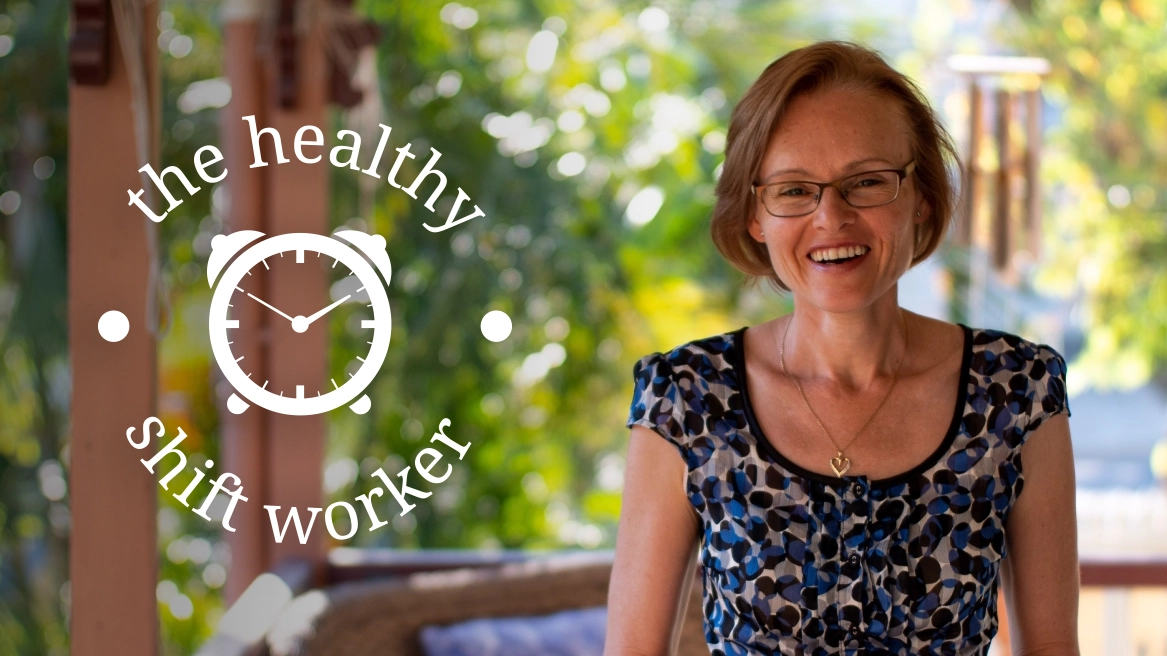As the festive season fast approaches, I’m probably not going to win many friends (or acquire loads of social media “likes”) from writing this post considering our alcoholic consumption tends to well, increase somewhat substantially thanks to lots of work Christmas parties, family gatherings and other types of festivities.
In fact many Nutritionists would recommend you steer right away from alcohol altogether (I get it, it is a toxin after all), but I have to admit, I still enjoy a glass of wine or two every now and then.
Back in the days when I worked shift work (jeepers, it’s over 2 years ago now), an alcoholic beverage or two after a stressful day at work was even more appealing, particularly after multiple flight cancellations, airport closures and having to accommodate a whole host of disgruntled and displaced passengers!
However a study published in the PLOS One journal, uncovered a link between circadian disruption (a fancy way of saying a disruption to our sleep/wake cycle), and an increased risk in the development of alcoholic liver disease (ALD).
In other words, if your sleep is disrupted and you drink alcohol, you’re at a greater risk of developing ALD.
This animal study involved subjecting mice to a shift working environment where their internal clocks were placed out of sync with the natural light-dark cycle, along with a different group of mice which had a faulty circadian rhythm gene, or polymorphism.
Both groups of mice were fed a diet without alcohol and then with alcohol, and results showed that a combination of circadian rhythm disruption and alcohol is a destructive double hit that can lead to alcoholic liver disease.
How could this be so, you’re asking?
Well it all comes down to our gut, or our gastrointestinal tract which just so happens to be the largest organ of our immune system, and pretty much protects us from all of the “nasties” of the outside world.
And in this study, circadian rhythm disruption showed to trigger gut leakiness, which drives pathological or disease-inducing characteristics in the liver.
If you’re wondering Audra, what on earth is ‘gut leakiness?’ Well in simple terms, it’s when tiny holes in the epithelium or cells of our gastrointestinal tract develop (imagine a fly screen with a few fist punches through it), allowing large molecules to enter the blood stream, triggering an immune or inflammatory response.
Not an ideal situation!
Unfortunately for shift workers, having an optimal sleep/wake cycle appears critical for the maintenance of intestinal barrier integrity, especially in the context of harmful substances such as alcohol.
In addition, our gastrointestinal tract has it’s own circadian rhythm and whenever we deviate from a ‘normal’ sleep/wake cycle (which often occurs in those who work 247), the gut isn’t too happy. In fact sleep deprivation and disruption is a type of physiological stress response which alone can induce a leaky gut – without factoring a “healthy” dose of alcohol to aggravate these inflammatory effects even further.
So whilst I’m not saying you should quit drinking alcohol altogether (although I’m sure many of my fellow Nutritionists would be saying “yes you need to quit!”), it’s important to recognise whilst this was an animal study, not all results can be duplicated in human clinical trials however alcohol consumption combined with working shift work has the potential to increase your susceptibility to developing alcoholic liver disease.
Maybe this year just go easy on the alcohol a little, because not only will your liver be much happier, but so too will your gut!
Audra x
References:
Summa, K, Voigt, R, Forsyth, C, Shaikh, M, Cavanaugh, K, Tang, Y, Vitaterna, M, Song, S, Turek, F & Keshavarzian, A 2013, ‘Disruption of the circadian clock in mice increases intestinal permeability and promotes alcohol-induced hepatic pathology and inflammation’, PLOS One, vol. 8, no. <http://journals.plos.org/plosone/article?id=10.1371/journal.pone.0067102>.
Thaiss, C, Levy, M, Korem, T, Dohnalova, L, Shapiro, H, Jaitin, D, David, E, Winter, D, Gury-BenAri, M, Tatirovsky, E, Tuganbaev, T, Federici, S, Zmora,N, Zeevi, D, Dori-Bachash, M, Pevsner-Fischer,M, Kartvelishvily, E, Brandis, A, Harmelin, A, Shibolet, O, Halpern, Z, Honda, K, Amit, I, Segal, E & Elinav E 2016, ‘Microbiota Diurnal Rhythmicity Programs Host Transcriptome Oscillations’, Cell, vol. 167, no. 6, pp. 1495-1510, <http://www.cell.com/cell/fulltext/S0092-8674(16)31524-0>.



0 Comments